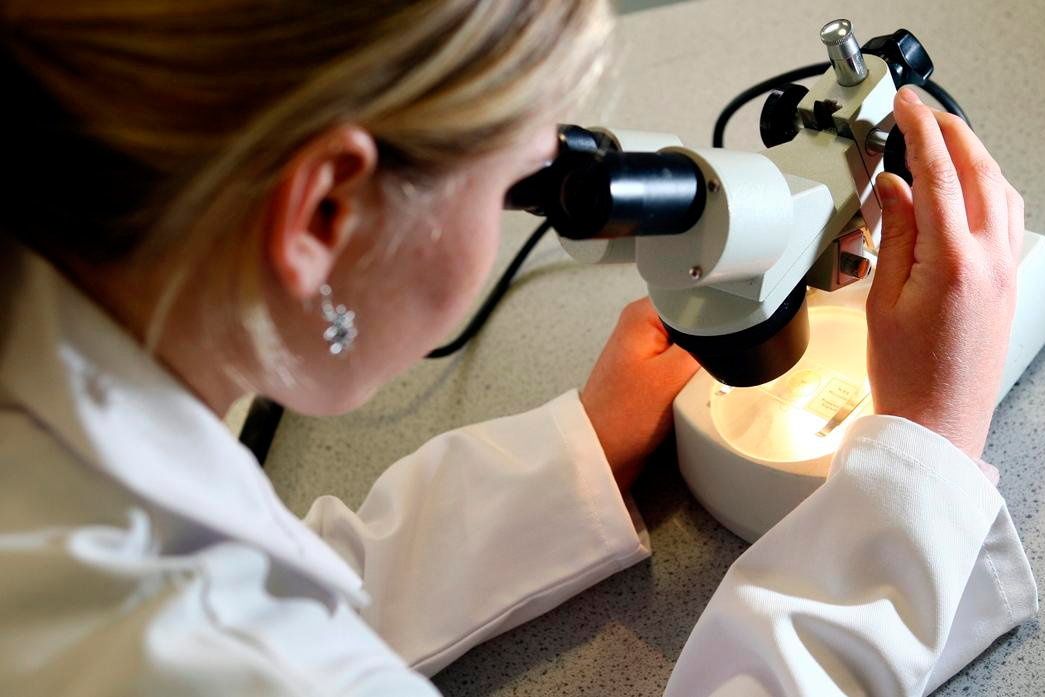It comes as detections of one infection gonorrhea, soared by 94pc in the space of 12 months
Irish, UK and US doctors are carefully monitoring gonorrhea detections amid concern at a new antibiotic resistant strain and its potential public health impact given the rate of increase of the illness in Ireland.
The antibiotic-resistant strain is spreading worldwide – and doctors are worried at the threat posed by it becoming the dominant strain of the disease in Ireland, the UK and EU.
Medical chiefs urged people to take sexual health precautions amid warnings about the dangers of presuming such sexually transmitted infections are easily treated.
One strain of gonorrhea, caused by the bacteria Niesseria Gonorrhoeae, is exceptionally resistant to normal antibiotics and treatment regimes.
“It is a reminder that gonorrhea is becoming increasingly resistant, increasingly hard to treat,” warned Dr Jeffrey Klausner who is a consultant with the Centre for Disease Control (CDC).
“We don’t have any new antibiotics. We haven’t had new antibiotics to treat gonorrhea for years and we really need a different treatment strategy.”
Ireland and the UK are now carefully monitoring gonorrhea detections amid alarm at the rate of increase in the overall illness – cases have doubled in the UK over the past 18 months – and the threat posed by the emergence of such antibiotic resistant strains.
If untreated, the infection can cause severe pelvic pain, infertility in women and even blindness in newborns.
The latest Health Protection Surveillance Centre (HPSC) report starkly revealed that case numbers of all five major STDs increased over the past 12 months in Ireland – with all five now being notified at higher levels last year than at 2018, two years before the pandemic struck.
Detections of gonorrhea soared from 2,098 in 2021 to 4,075 last year.
No data is available on antibiotic resistant strains.
Most concerning was the 122pc hike in notified cases of Human Immunodeficiency Virus (HIV) over the past year, with the numbers soaring from 400 in 2021 to 889 last year.
That total is also far above the HIV case numbers reported for 2018 (522).
All five of Ireland’s major STDs showed increased detections over the past 12 months including Chlamydia (10,954: +52pc), Gonorrhea (4,075: +94pc), Herpes (1,619: +24pc) and Syphilis (895: + 25pc).
The five major STDs all reported at case numbers higher than in 2018.
Over the past five years the largest percentage increases reported were for HIV and Syphilis though Chlamydia, by overall numbers, remains Ireland’s most detected STD.
The alarming increases came after case numbers of sexually transmitted diseases had collapsed by between 16pc and 33pc across Ireland during the Covid-19 pandemic.
Dramatic declines were recorded between 2020 and 2021.
Repeated lockdowns, social distancing, travel restrictions and the shutdown of major parts of Irish social life dramatically slashed notifications of all major STDs.
Doctors also believed an increased awareness of personal health and protection measures helped reduce transmissions.
However, concern was expressed over the long-term impact of apparently higher levels of alcohol consumption at home during the lockdown.
The traditional spike in STD detection rates occurs between January and March, after the Christmas party season.
In some cases, the rate of STD detection and treatment is double in January and February compared to what it is for the rest of the year.
Over recent years, sexual health centres have expanded their screening hours and urged people concerned about possible infections to get checked as soon as possible.
Public health experts warned that early detection is the key to more effective treatment and the avoidance of potentially serious long-term health consequences.
The increase in case numbers came despite major public health awareness campaigns including an increased focus on sexual health issues amongst young people.
Discovered on: 2023-06-07 09:51:10
Source: Concern over threat posed by new antibiotic-resistant sexually transmitted …



